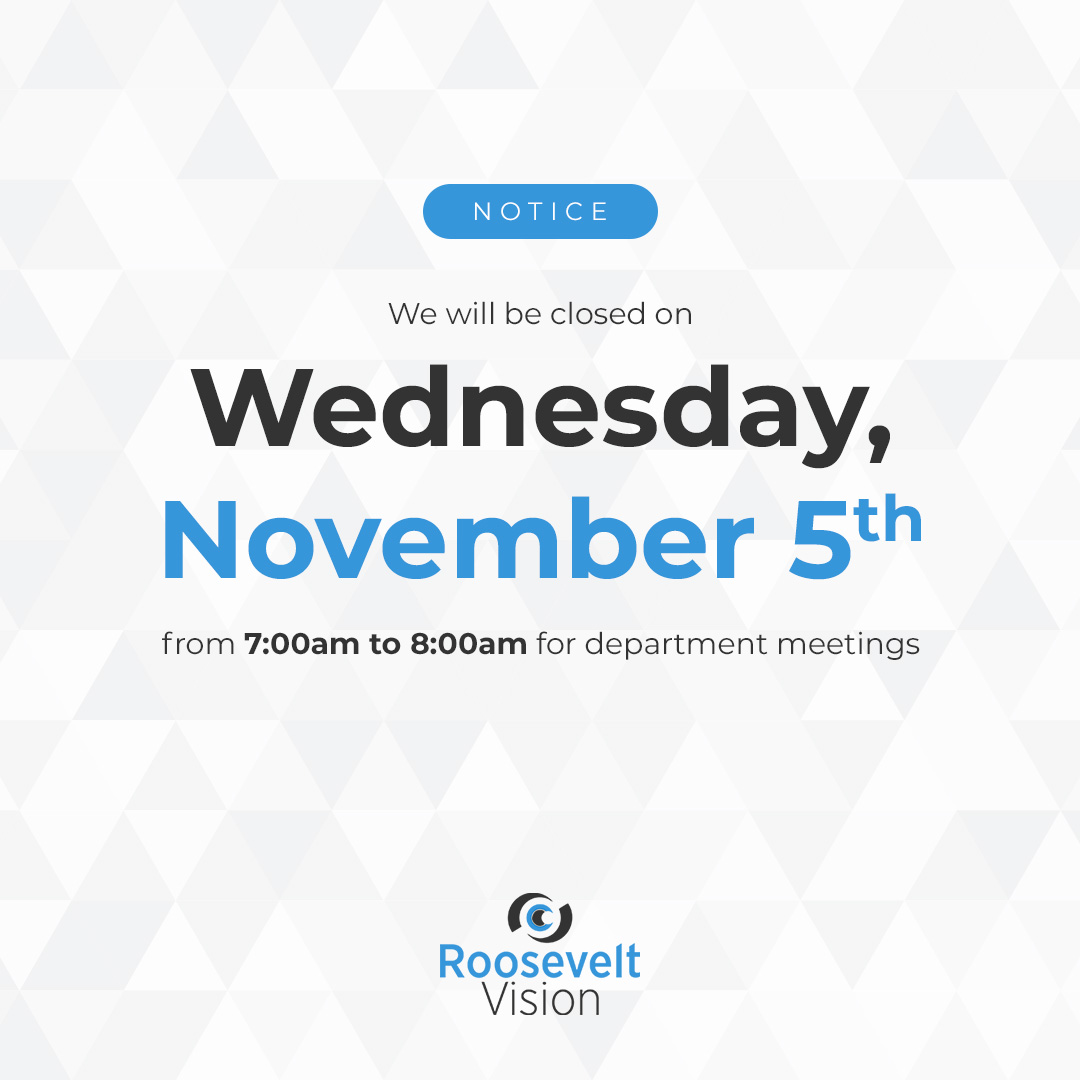
When it comes to vision correction, many people turn to contact lenses as a convenient and comfortable alternative to glasses. However, standard contact lenses may not always be suitable for individuals with certain eye conditions. Specialty contact lenses are designed to address specific eye conditions and provide customized vision correction.
Common Eye Conditions that Require Specialty Contact Lenses
There are several common eye conditions that may require the use of specialty contact lenses for effective vision correction. One such condition is astigmatism, which causes the cornea to have an irregular shape. This irregularity can result in blurred or distorted vision, and standard contact lenses may not be able to correct it adequately.
Another common eye condition that may require specialty contact lenses is keratoconus. Keratoconus is a progressive condition that causes the cornea to thin and bulge into a cone shape. This irregularity in the cornea's shape can lead to distorted and blurry vision.
Additionally, some individuals with dry eye syndrome may benefit from specialty contact lenses. These lenses are designed to improve tear film stability and comfort. They are often made from advanced materials that retain moisture and promote ocular surface health.
Specialty contact lenses can also be beneficial for those who experience post-surgical or post-traumatic corneal irregularities. After certain eye surgeries or traumatic injuries, the corneal surface may become irregular, necessitating specialty contact lenses to provide improved vision and comfort.
Types of Specialty Contact Lenses
Specialty contact lenses come in various types, each designed to address specific eye conditions. One type is scleral lenses, which are larger in diameter compared to standard contact lenses. Scleral lenses vault over the entire cornea and rest on the white part of the eye, providing a more stable and comfortable fit. These lenses are often recommended for individuals with dry eyes, irregular corneas, or those who have undergone corneal surgery.
Rigid gas permeable (RGP) contact lenses are often recommended for individuals with keratoconus. These lenses are made from a rigid material that helps to reshape the cornea and provide clearer vision.
Toric contact lenses are a type of specialty lens specifically designed to correct astigmatism. These lenses have different powers in different meridians of the lens, allowing them to compensate for the irregular shape of the cornea and provide clear vision.
Another type of specialty contact lens is multifocal lenses. These lenses are designed to provide clear vision at various distances, making them suitable for individuals with presbyopia. Multifocal lenses have different zones that allow for seamless transition between near, intermediate, and far distances, reducing the need for reading glasses.
Lastly, hybrid lenses combine a rigid gas permeable center with a soft lens skirt. They are used to provide the clear vision of RGP lenses and the comfort of soft lenses. They are beneficial for irregular corneas and keratoconus.
Determining Which Specialty Contact Lens is Right for You
Determining the right specialty contact lenses for an individual requires a comprehensive eye examination by an optometrist. During the examination, the optometrist will assess various factors such as the individual's eye condition, corneal shape, and visual needs. They may also conduct additional tests, such as corneal topography, to obtain detailed measurements of the cornea's shape and curvature.
Based on the examination results, the optometrist will then recommend the most suitable type of specialty contact lenses for the individual. Your doctor will consider factors such as the severity of the eye condition, lifestyle, and personal preferences. Additionally, the optometrist may provide a trial pair of contact lenses to ensure proper fit and comfort before finalizing the prescription.
Enhancing Clarity and Comfort with the Help of Roosevelt Vision
Specialty contact lenses are a valuable option for individuals with specific eye conditions that cannot be adequately corrected with standard contact lenses. Whether you have astigmatism, keratoconus, or require multifocal vision correction, there is a specialty contact lens designed to meet your needs.
Schedule an appointment with our optometrist today to discuss specialty contact lenses and discover which option is right for you, visit Roosevelt Vision at our office in Seattle, Washington. Please call (206) 527-2987 to book an appointment today.



















